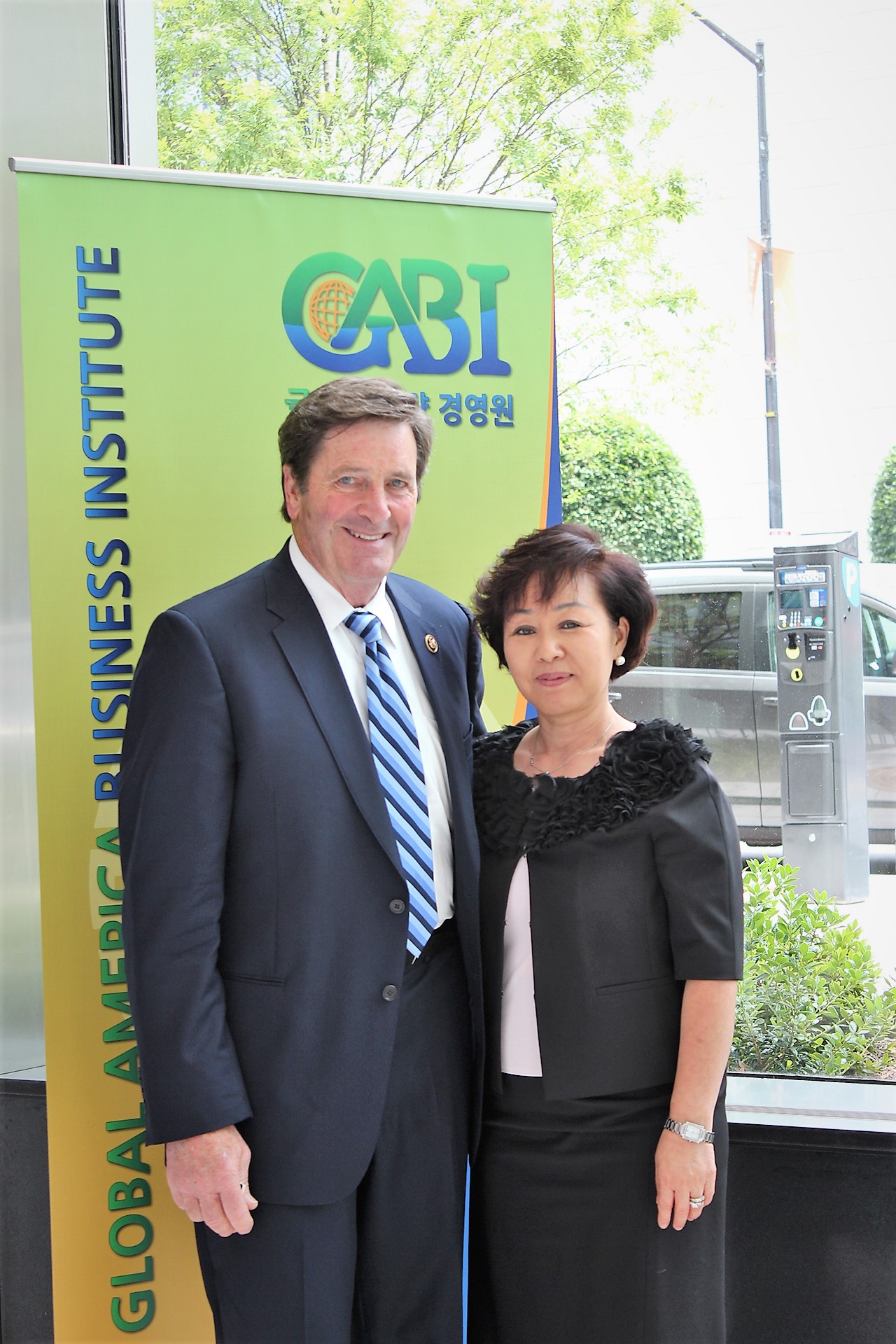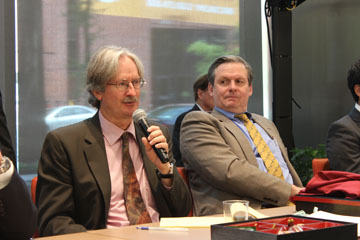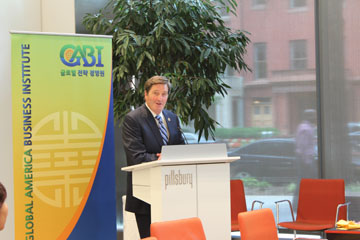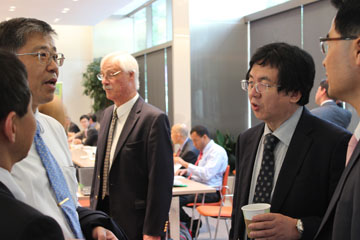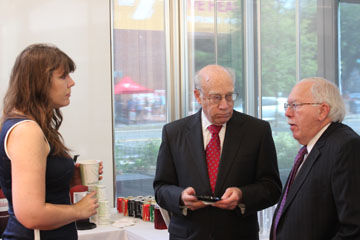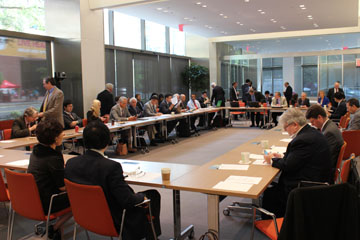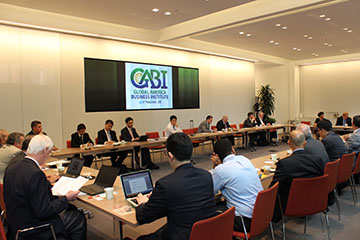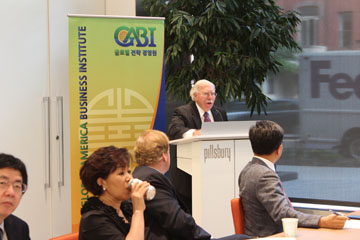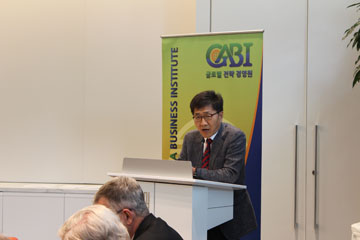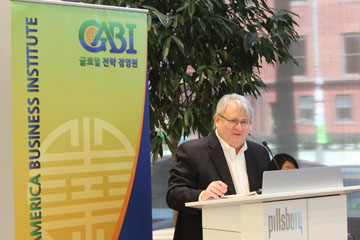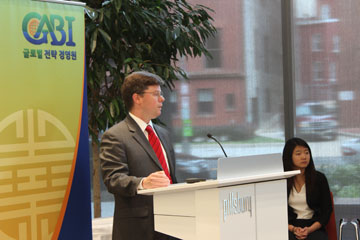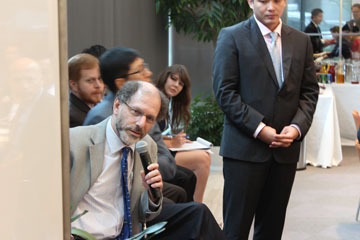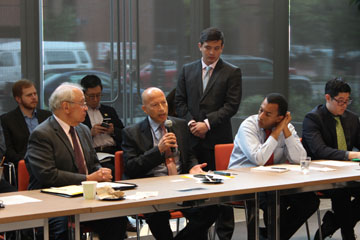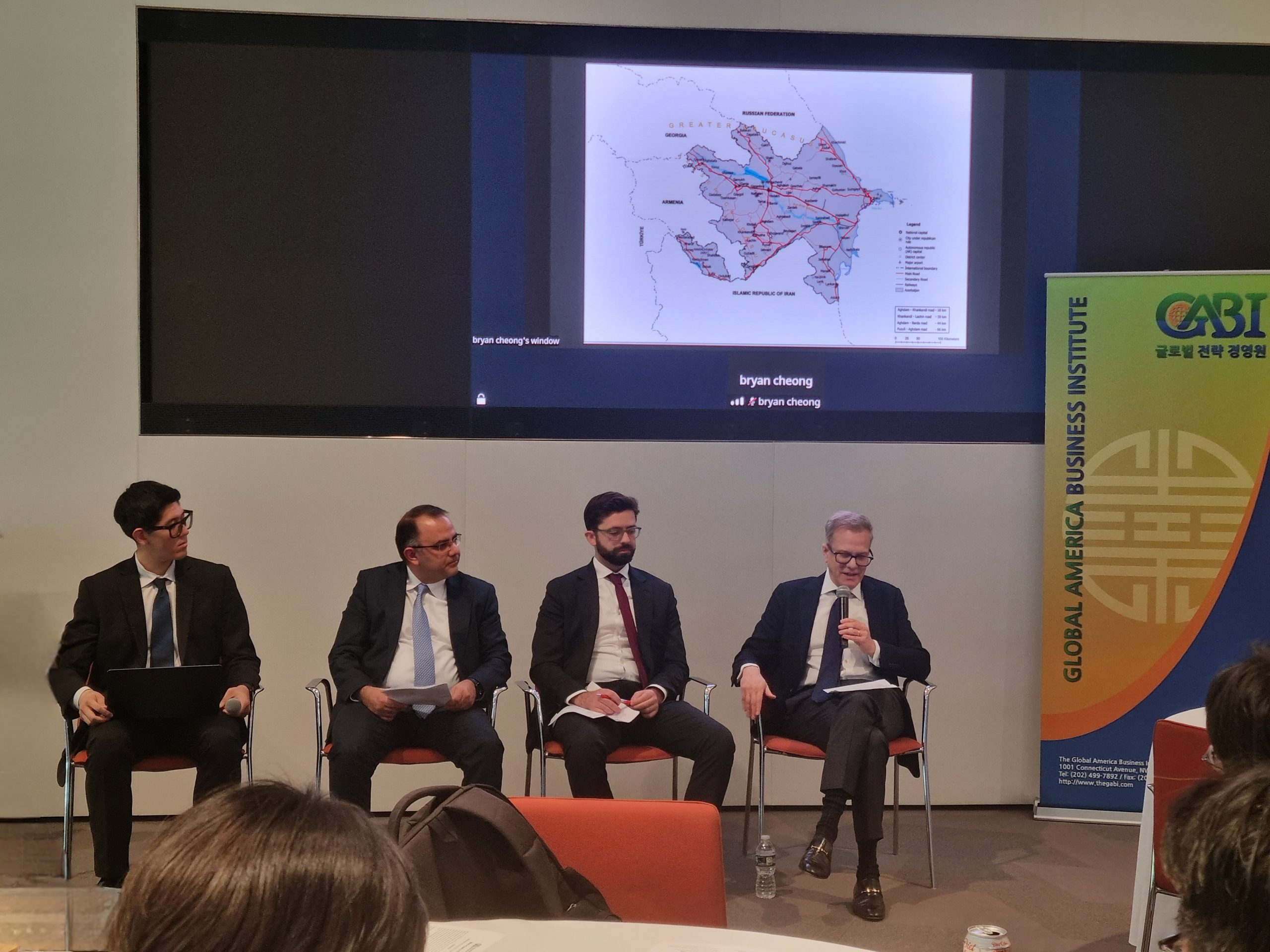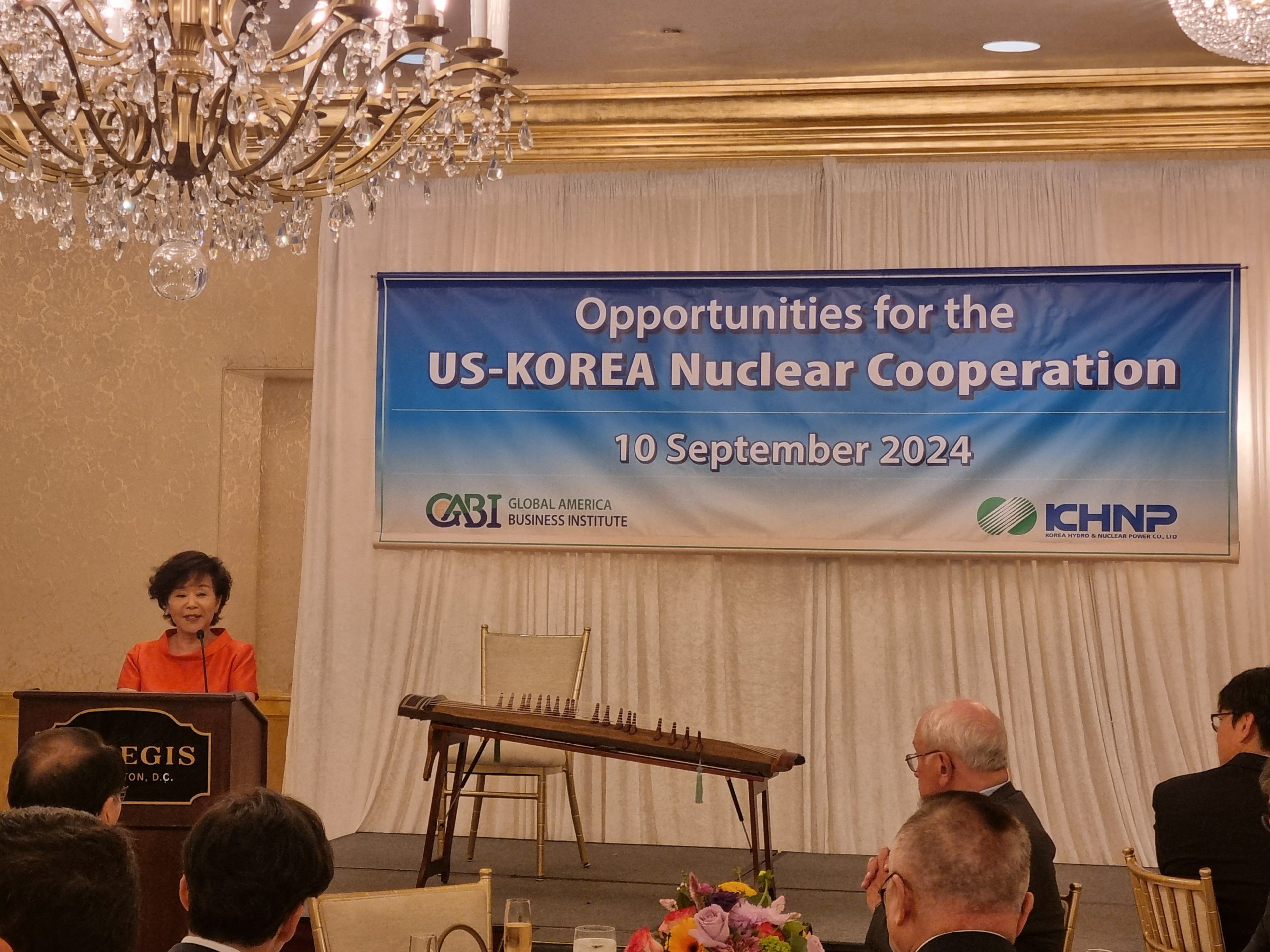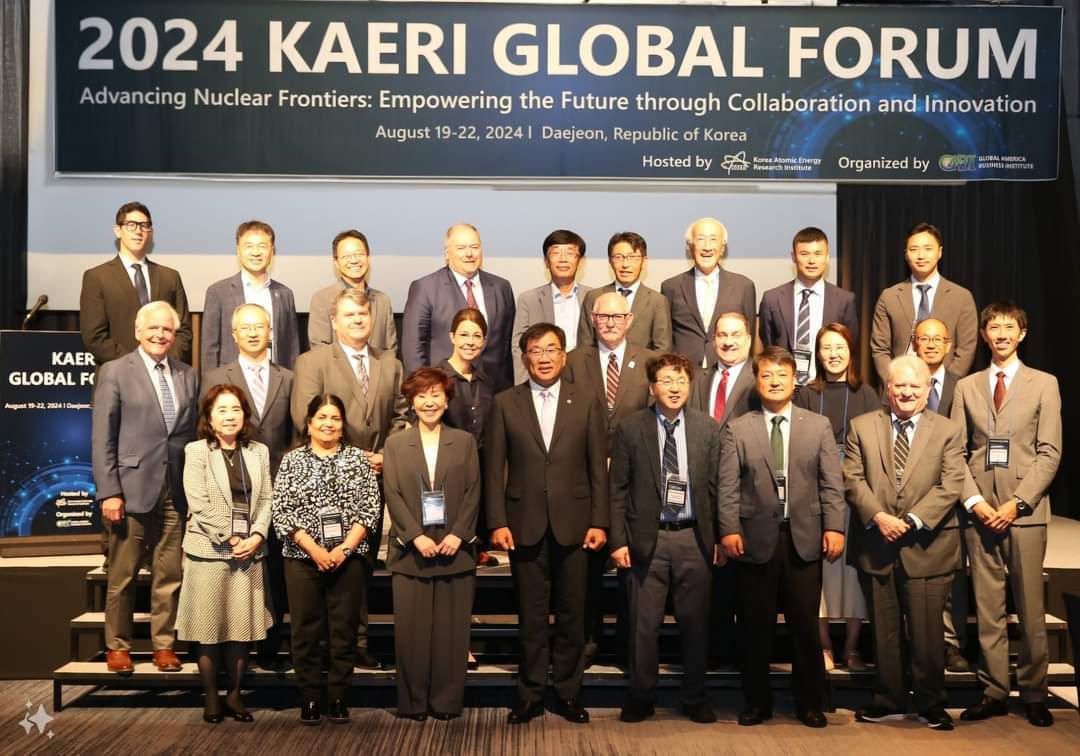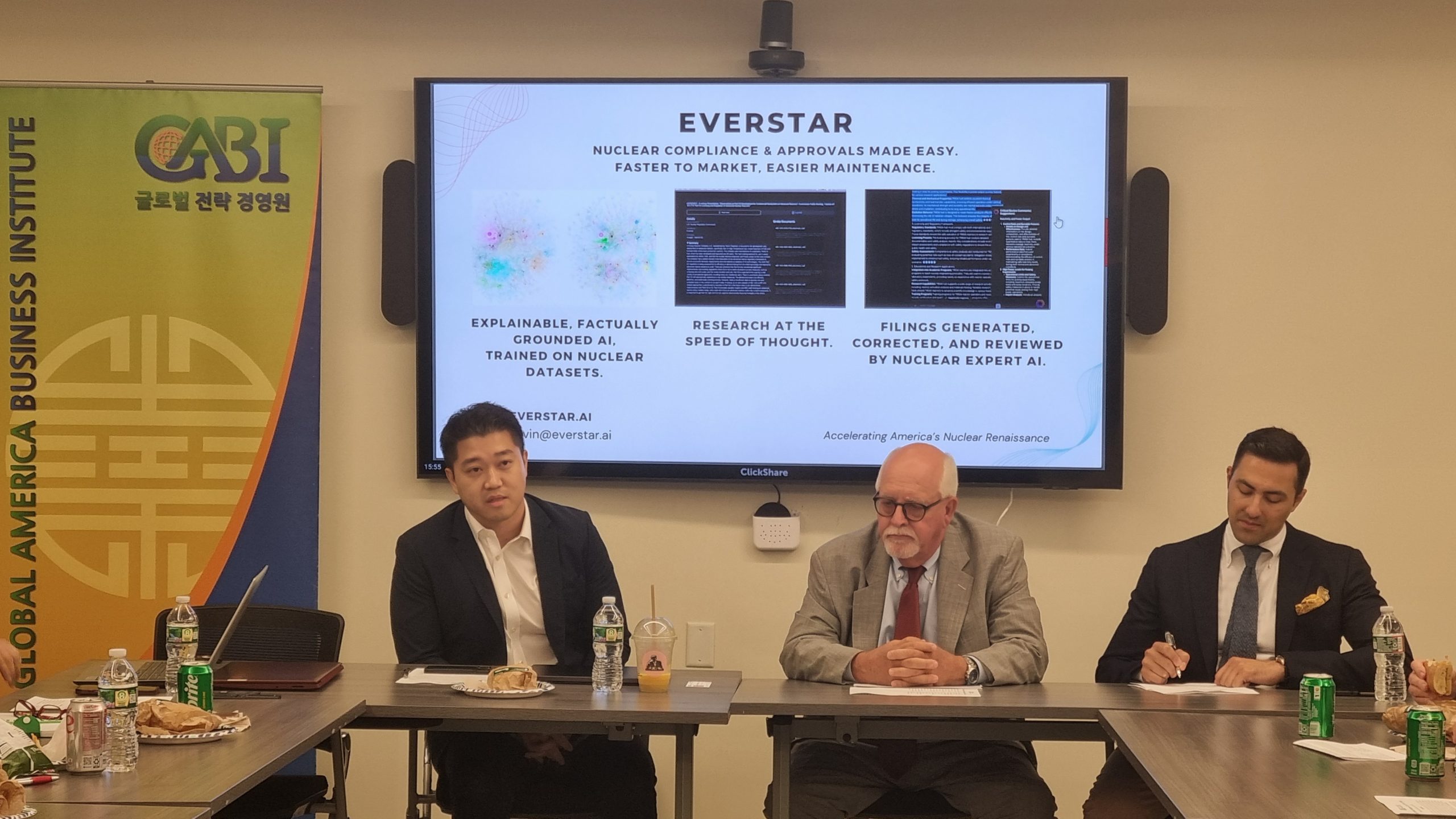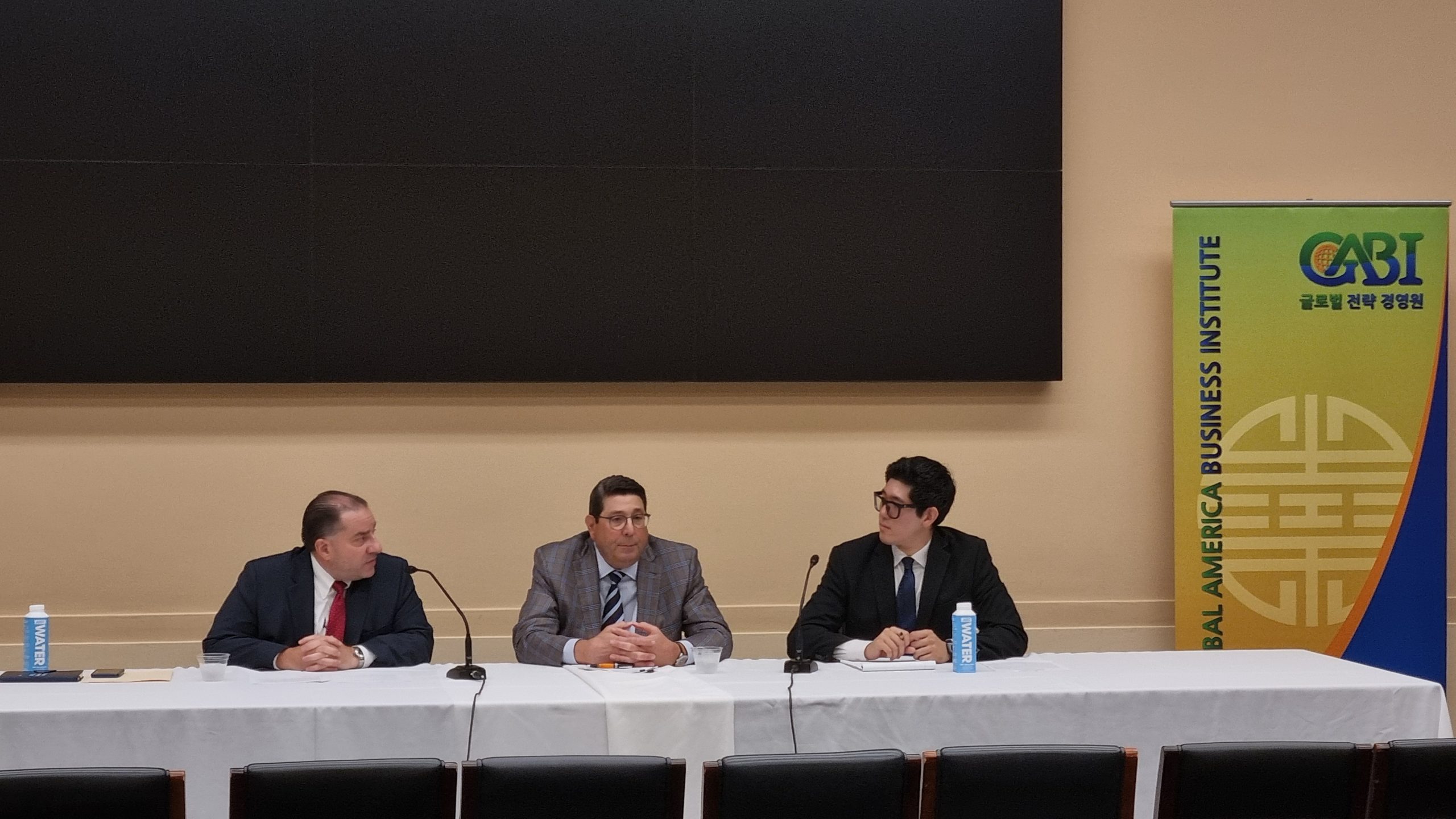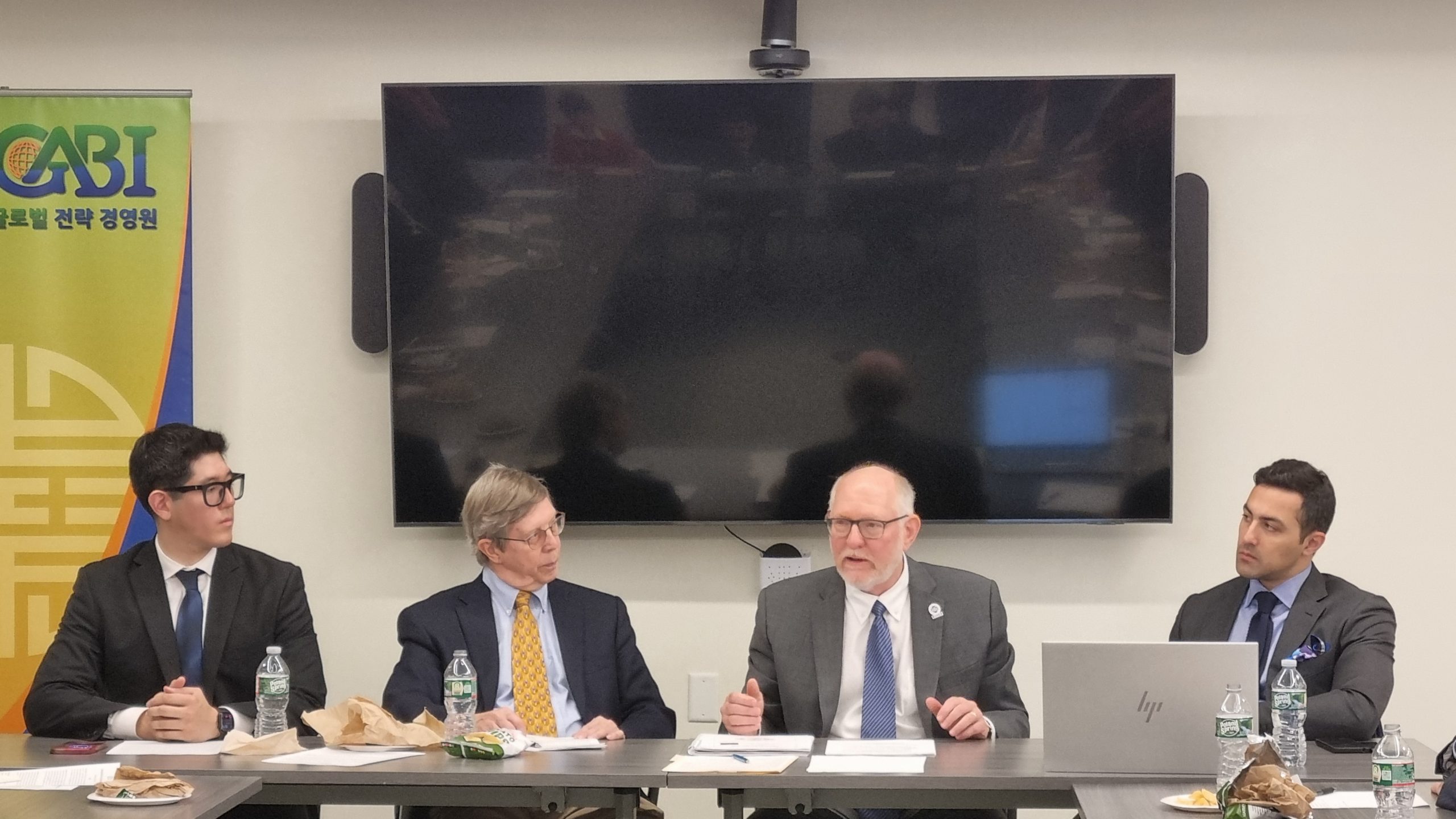Fast neutron reactor technology has received significant interest from numerous nuclear power countries given its inherent advantages in terms of safety, sustainability, and uranium utilization. Collaboration in fast reactor RD&D, particularly in bilateral or multilateral arrangements, present opportunities to address both policy (regulation and licensing, safeguards, etc.) and economic (capital costs, maintenance and operations, etc.) issues in a more cost-effective and time-efficient manner. Multinational cooperation is attractive given the present technical challenges, costs of prototypes, and relative dearth of regulatory experience. State-to-state partnerships may be particularly invaluable for regulatory and licensing issues—information sharing arrangements among regulatory bodies can enhance understanding of fast reactor systems and concepts, thereby assisting regulators in making more informed licensing decisions. Such cooperation could also promote the development of international standards and best practices in fast reactor regulation.

